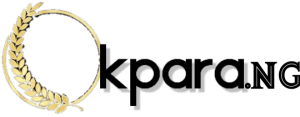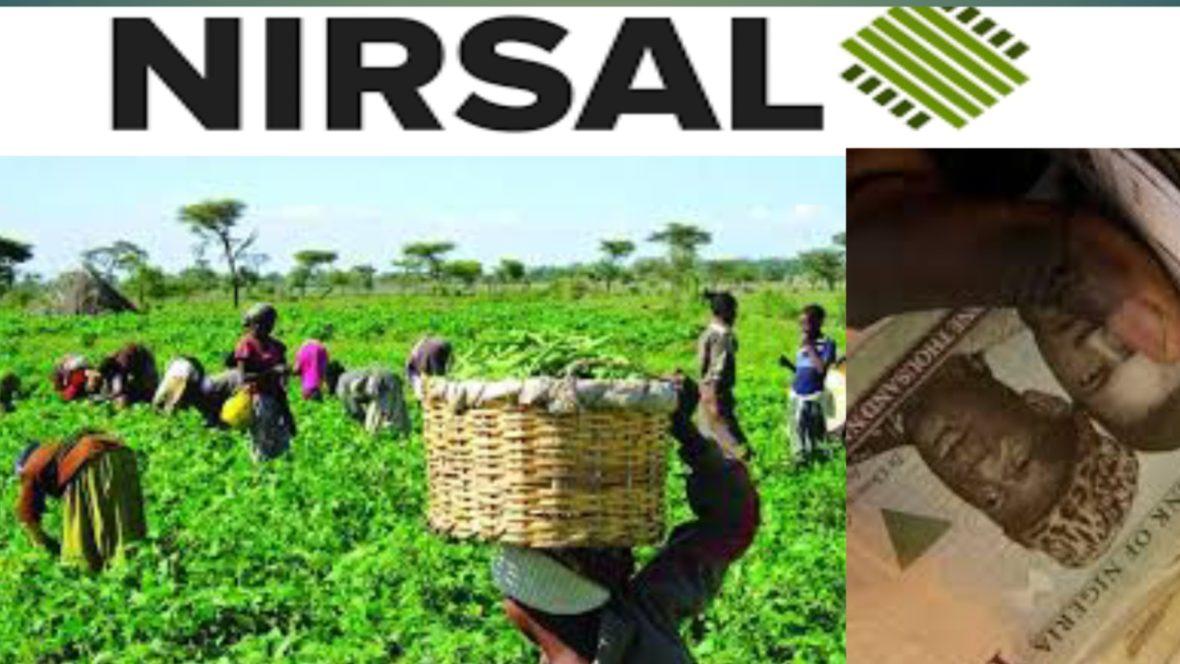Ibrahim Suleiman, the Head of Value Chain Capacity Development at NIRSAL, revealed key information during a press conference held in Owerri, the capital city of Imo State. He underscored NIRSAL’s dedication to enhancing Agro Geo-Cooperatives, which aligns with the federal government’s strategy to achieve nationwide food security.
Suleiman elaborated, “NIRSAL’s Technical Assistance pillar is committed to reaching more than 100,000 farmers engaged in fish, cassava, and rice production throughout this year. Our goal is to optimize the Agro Geo-Cooperatives model to further support the federal government’s food security initiatives.”
For NIGERIA YOUTH INVESTMENT FUND to get 3 million to 50 million Naira
Jude Nnadozie, NIRSAL’s Head of Corporate Communications, elaborated on the organization’s approach to increasing food production by investing in human resources and skill development. He emphasized NIRSAL’s ongoing commitment to advancing agribusiness and aiding those involved in the agricultural value chain across Nigeria.
Nnadozie explained, “As part of our mission to de-risk agriculture and support agribusiness in Nigeria, NIRSAL has recently completed a midyear capacity development program. This initiative targeted agricultural value chain participants, including lead farmers and extension agents, focusing on the Aquaculture and Cassava sectors nationwide.”
The capacity development program, which involved training over 2,000 participants, is expected to extend its impact to an additional 40,000 farmers through a follow-up training phase. The program is designed to educate participants on NIRSAL’s value chain enhancement solutions, particularly the Agro Geo-Cooperative® (AGC) model. This model structures smallholder farmers into financeable clusters with organized governance, which improves their access to financial resources, agricultural inputs, mechanization services, and market opportunities, ultimately leading to better harvests and production efficiency.
In Imo State, where the training sessions were held, the program began with 250 participants attending on the first day in Owerri. The following day saw over 350 attendees at the Umuofuga Umuhu Okwuato Multipurpose Hall in Aboh-Mbaise, where the training focused specifically on efficient fish production methods.
Hon. Uche Agabiga, Chairman of the Imo State House of Assembly Committee on Agriculture, praised NIRSAL for including Imo State in this important capacity-building initiative. He expressed his belief that the program would effectively support local efforts to enhance agricultural productivity in the state.




